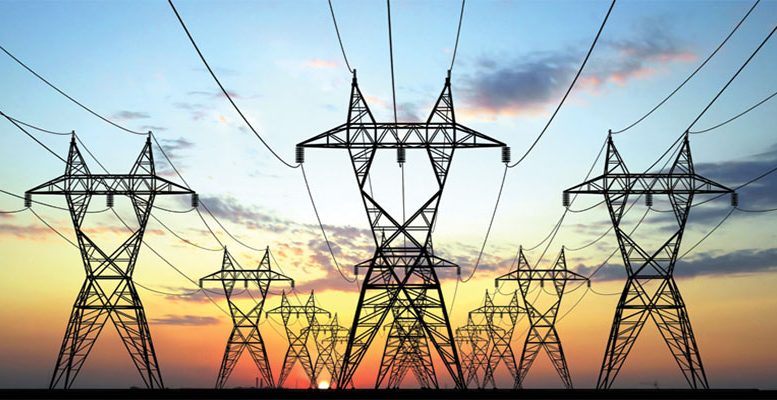Alphavalue / Divacons| The recent phenomenon of negative electricity prices in several European countries reflects a complex combination of factors, mainly driven by the law of supply and demand and the increasing prominence of renewable energy sources. Countries such as Germany, Finland, Belgium and France frequently experience a surplus in electricity production, largely due to a combination of favourable weather conditions and an increase in renewable energy capacity. This surplus, together with a more structural reduction in consumption by households and industries, has led to negative prices on wholesale markets.
To address this situation, stakeholders are exploring various strategies, including reducing nuclear power production, increasing exports and improving storage capacities. However, finding a sustainable solution requires a delicate balance between encouraging the growth of renewable energy, ensuring energy security and maintaining economic viability for both producers and consumers.





